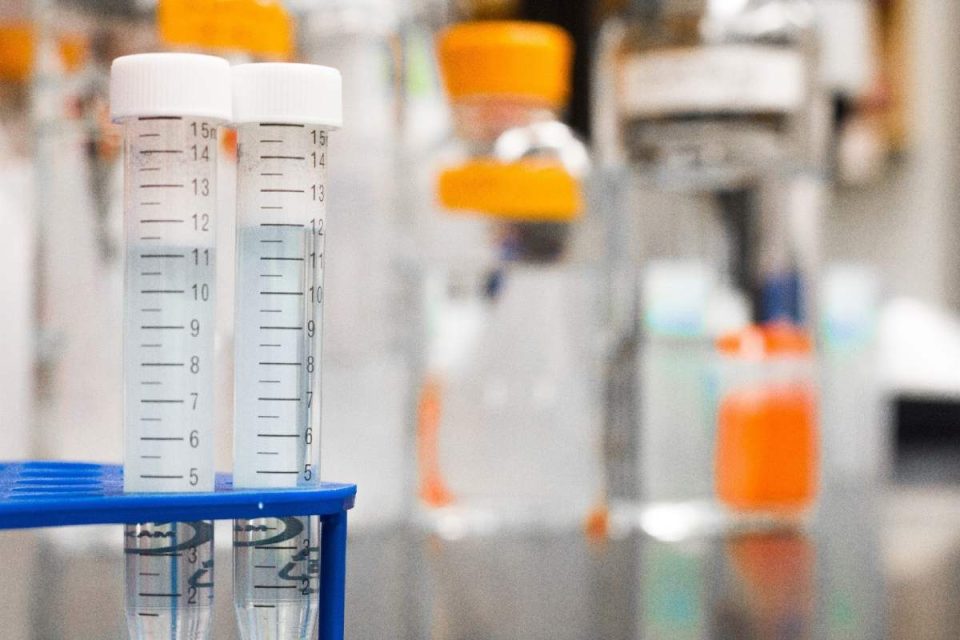Drug tests are a common requirement in various aspects of life, from employment screenings to sports competitions and legal proceedings. Failing a drug test can have significant consequences that impact your personal and professional life. In this article, we will explore what happens if you fail a drug test, the potential repercussions, and steps you can take to mitigate the consequences.
Table of Contents
Employment Consequences
Failing a drug test at your workplace can lead to various consequences, depending on your employer’s policies and local laws. Here are some potential outcomes:
- Termination: Many employers have a zero-tolerance policy for drug use, especially in safety-sensitive industries like transportation and healthcare. Failing a drug test may result in immediate termination.
- Suspension: In some cases, employers may opt for suspension rather than termination, especially if you are a valued employee with a clean record. Suspension may come with mandatory drug counseling or rehabilitation programs.
- Loss of Benefits: Failing a drug test can lead to the loss of certain employment benefits, such as health insurance or retirement benefits.
- Difficulty Finding Future Employment: A failed drug test can remain on your employment record, making it challenging to secure future employment, as potential employers may view you as a risky hire.
In some situations, there are specific outcomes. For example, the Department of Transportation sets rules for employees that are in a safety-sensitive position (like driving a tractor trailer). The employee must be immediately removed from that position and must undergo a return to duty process before returning. The process involves finding a DOT SAP (substance abuse professional) and completing treatment. The employer may or may not terminate the employee.
Legal Consequences
There may be legal repercussions for failing a drug test:
- Legal Action: Some industries, such as law enforcement or healthcare, may involve legal action if you fail a drug test, potentially resulting in fines, probation, or even imprisonment.
- Child Custody Cases: Failing a drug test can have a significant impact on child custody cases, as it may be used as evidence against you when determining parental fitness.
- Probation and Parole: Individuals on probation or parole may face sanctions, including additional jail time, for failing a drug test.
Sports and Athletics
Athletes who fail drug tests, particularly in professional sports, may face severe consequences:
- Suspension: Depending on the sport’s governing body, athletes can face suspension for a specified period or even a lifetime ban.
- Forfeiture of Titles and Awards: If an athlete is found to have used banned substances during competitions, they may be required to forfeit any titles, medals, or awards they have won.
- Damage to Reputation: A failed drug test can tarnish an athlete’s reputation, affecting their endorsements and future opportunities within their sport.
Rehabilitation and Recovery
While failing a drug test can have negative consequences, it can also be an opportunity to seek help and make positive changes in your life. Some organizations offer employees access to rehabilitation and counseling programs to address substance abuse issues. Taking these steps can help you on the path to recovery and potentially mitigate some of the consequences.
Conclusion
Failing a drug test can have far-reaching consequences, affecting your employment, legal status, sports career, and personal life. It is crucial to understand the policies and consequences related to drug testing in your specific situation. If you find yourself facing a failed drug test, consider seeking help and support to address any underlying substance abuse issues, as this can be a critical step toward rebuilding your life and mitigating the negative consequences.

